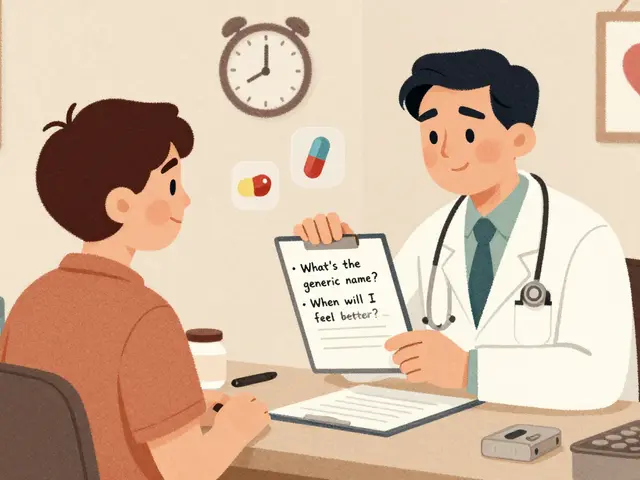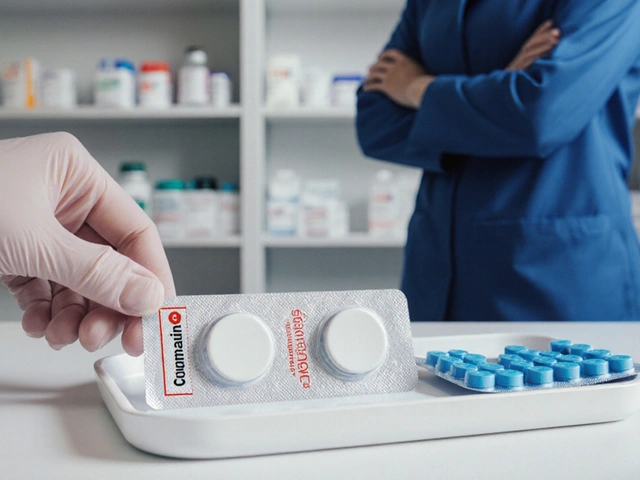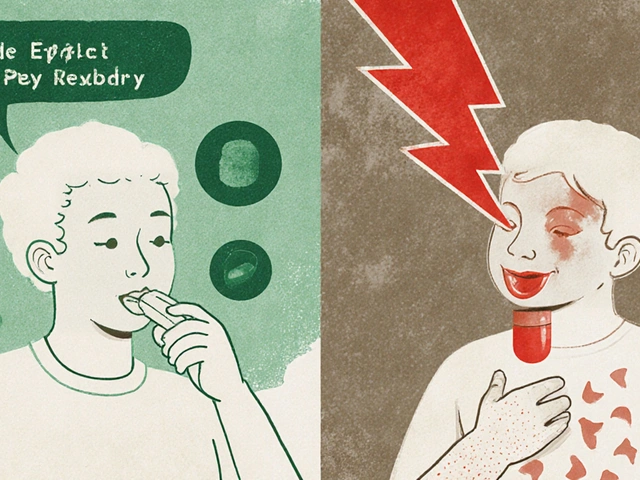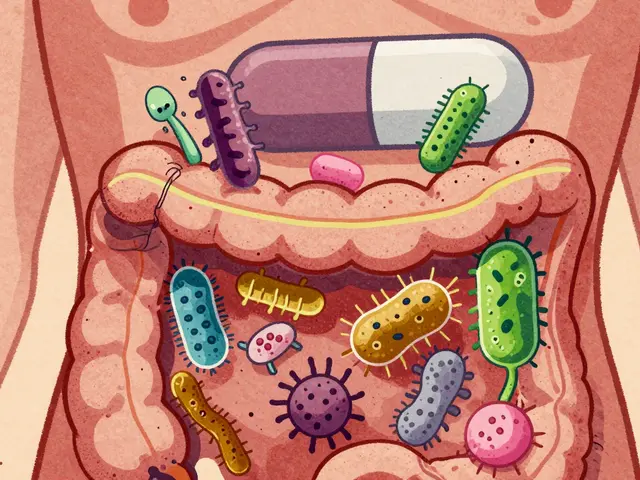SCN5A – What You Need to Know About This Heart Gene
If you’ve ever heard doctors mention SCN5A, they’re talking about a gene that makes the main sodium channel in heart cells. This tiny piece of DNA controls how electrical signals travel through your heart, keeping the beat steady. When SCN5A works right, you have a normal rhythm; when it’s off‑track, arrhythmias can show up.
Why should you care? Because changes (mutations) in SCN5A are behind several well‑known conditions: Brugada syndrome, Long QT type 3, and some forms of atrial fibrillation. Those disorders raise the risk of fainting, dangerous heart rhythms, or even sudden cardiac death if left untreated.
How SCN5A Affects Your Heart Rhythm
The sodium channel opens quickly when a heartbeat starts, letting charged particles rush in and spark the next beat. If a mutation slows that opening or makes it close too soon, the heart’s electrical map gets messy. You might feel palpitations, dizziness, or just notice an irregular pulse during a routine check‑up.
Doctors often run a genetic test if you have a family history of unexplained cardiac events. Finding an SCN5A mutation can guide treatment choices, like whether to avoid certain drugs that could worsen the problem.
Medications That Target the Sodium Channel
Some medicines purposely block the sodium channel to calm an overactive heart. Flecainide and propafenone are classic examples; they’re used for specific arrhythmias but can be risky if you carry a harmful SCN5A variant. On the flip side, drugs like mexiletine can help people with Long QT‑type 3 by shortening the prolonged heartbeat.
Always tell your pharmacist or doctor about any known genetic findings before starting new meds. Even common anti‑arrhythmic pills or some anesthetics might trigger problems in SCN5A carriers.
Beyond prescription drugs, lifestyle tweaks matter too. Staying hydrated, avoiding extreme temperature changes, and limiting stimulant intake (caffeine, certain over‑the‑counter cold remedies) can keep your heart’s electrical system stable.
If you’re looking for reliable information on SCN5A‑related meds or want to compare alternatives, Medipond.com has easy‑to‑read articles. We break down each drug’s pros and cons, dosage tips, and safety warnings in plain language so you can talk confidently with your healthcare team.
Bottom line: knowing whether you carry an SCN5A mutation changes how doctors manage your heart health. It helps them pick the right medicines, avoid risky ones, and plan monitoring strategies that keep you safe.
Got questions about a specific drug or need help understanding test results? Our tag page gathers all SCN5A‑related posts in one place, so you can quickly find answers without sifting through unrelated content.






